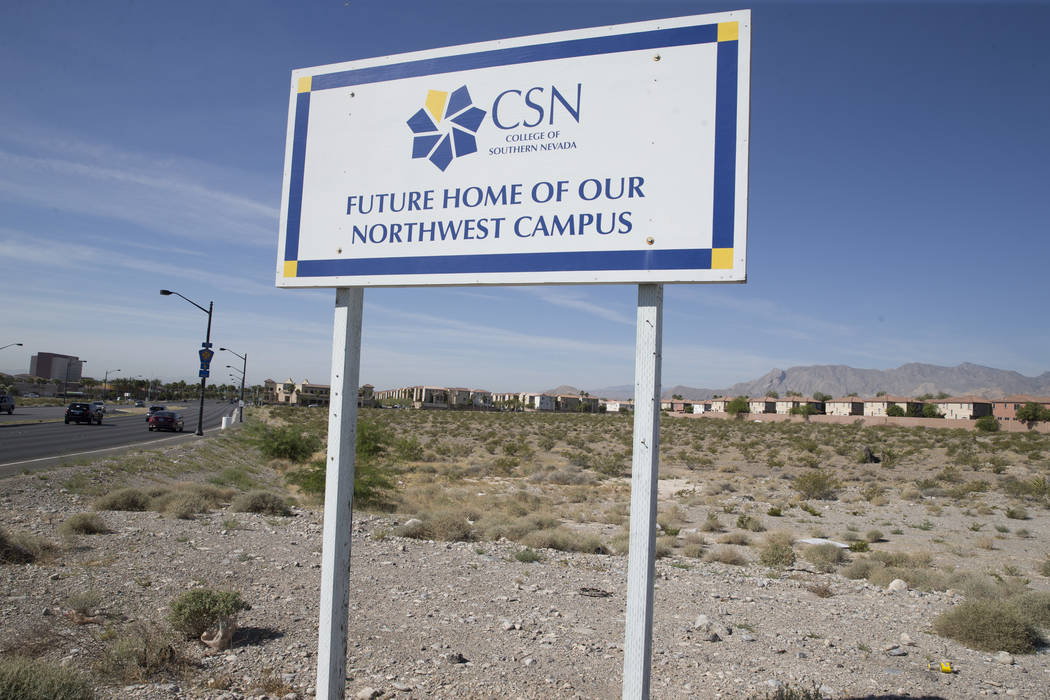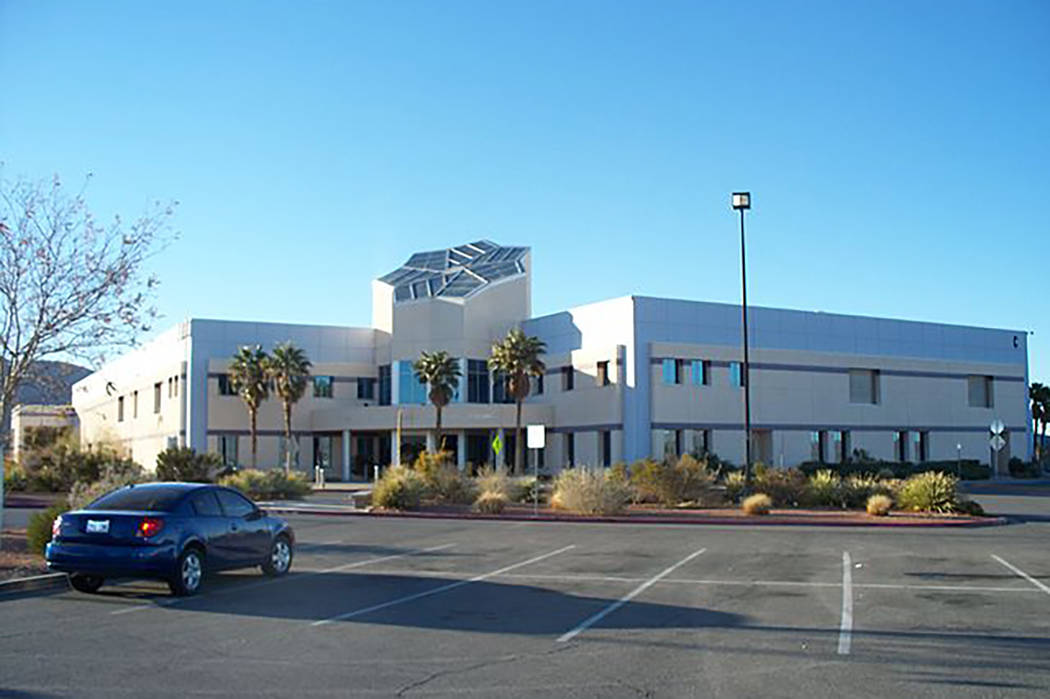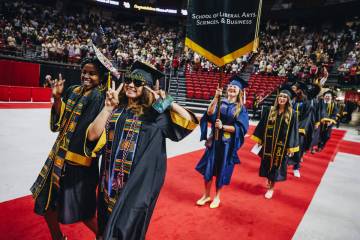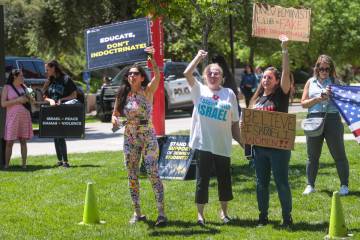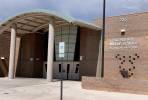College of Southern Nevada receives second warning from accrediting commission
The Northwest Commission on Colleges and Universities has issued a warning to the College of Southern Nevada for the second time this year.
CSN President Michael Richards received the notification last month after learning the college is also out of compliance in three other areas. The responsibility, however, to correct the newest warning — a public sanction that does not affect CSN’s accredited status — also is shared by the state Board of Regents.
The college must submit evidence by Oct. 30 to the commission that the board has approved plans to “regularly evaluate its performance to ensure that its duties and responsibilities are fulfilled in an effective and efficient manner.”
Board Chairman Kevin Page said the regents are taking the warning seriously as they have already approved a new policy for an annual self-evaluation.
Page said he believes the warning is more of a timing issue, as the policy, which was approved in March after two readings, has not yet come full circle. The board is planning an October retreat where the annual self-evaluation will take place, he said.
“We addressed it from a policy perspective,” Page said. “It’s the strongest way we can do it.”
The commission’s president, Sandra Elman, did not return requests for comment.
Davis Jenkins, senior research scholar at the Community College Research Center, said the latest warning is an example of why he and others are critical of the accreditation process.
“It’s important, but frankly by itself, it doesn’t lead to any real improvement on college campuses,” Jenkins said. “There’s too much focus on inputs and procedures and bureaucratic stuff and not enough on students and completion.”
The first warning the college received this year came after the college failed to report the addition of three new programs. The college has since addressed that warning, and it was lifted July 11.
“A warning status is intended to be an opportunity for the institution to address the concerns that the accreditor has itemized,” said Paul Gaston, trustees professor emeritus at Kent State University and author of a book on higher education accreditation. “When the institution does address those things, then the process has worked in the way that it is meant to.”
In addition to the latest warning, the commission said the college has not yet met three recommendations from a 2015 evaluation report.
According to Patty Charlton, senior vice president of strategic initiatives and administrative services for CSN, the college must submit a report to the commission in the fall addressing the unmet recommendations.
CSN could be placed on probation if it fails to respond to the concerns or if it deviates significantly from the commission’s standards, according to the commission’s website.
The first recommendation asks the college to document consistently and use assessments to improve achievement of student learning outcomes across all its courses, programs and degrees, with specific focus on improving its general education core.
“… there is much work to do on program and institutional assessment,” Richards said in a communication to college staff.
Jill Acree, faculty senate chair for CSN, said a new committee has been formed to study nationwide best practices for assessing courses and programs.
“We all want to make sure students are learning what they’re supposed to be learning, whether it’s critical thinking or writing skills or content in history, math or biology,” Acree said. “We are increasingly using more refined ways of assessing how students are learning.”
According to Jenkins, accrediting bodies have increased their expectations in this area, and several colleges have been dinged for it.
“No one, in my view, has come up with a very satisfactory approach,” Jenkins said, adding that the public has a stake in student learning outcomes.
“Family incomes are down, state funding has stagnated,” he said. “What colleges are doing to improve student outcomes, to advance in the labor market, and to do so affordably and efficiently — that’s of very much interest to the public.”
Contact Natalie Bruzda at nbruzda@reviewjournal.com or 702-477-3897. Follow @NatalieBruzda on Twitter.
(NOTE: Commission’s report can be found on pages 3-6).
August 2017 Chronicle, College of Southern Nevada by Las Vegas Review-Journal on Scribd
Did you know?
There are three forms of accreditation.
• Regional accreditation, which accredits most nonprofit institutions, is organized according to six regions: New England, Middle States, Southern, North Central, Western and Northwest.
• National accreditation, which accredits some faith-based institutions or career institutions, many of which are for-profit
• Specialized accreditation, which accredits programs in fields such as physical therapy, journalism, law, medicine, etc.



